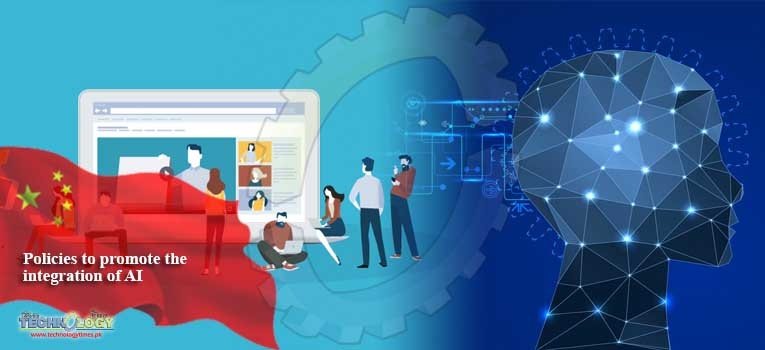Nations should create policies to promote the integration of AI and education, along with equitable and accessible lifelong learning opportunities for all, according to the Beijing Consensus.
 The agreement on principles was published on Saturday after the three-day International Conference on Artificial Intelligence and Education.
The agreement on principles was published on Saturday after the three-day International Conference on Artificial Intelligence and Education.
The conference was organized by the Ministry of Education, UNESCO, the China National Committee for UNESCO and the Beijing municipal government.
Around 500 representatives from more than 100 countries and 10 international organizations passed the Beijing Consensus as a guiding document for the future development of global education, especially in the age of Artificial Intelligence. The consensus also proposes research on frontier issues related to AI technologies, as well as exploration of effective strategies and practices to facilitate educational innovation.
Jernej Pikalo, Slovenia’s minister of education, science and sport, said at the closing ceremony that the conference has allowed officials to evaluate the impact and potential of AI technologies for learning.
The consensus shows that countries have the will and capability to integrate AI and education, and boost its role in developing the education sector, he said. It also lays out the principle of inclusive and equal use of AI technologies for the benefit of the general public.
Stefania Giannini, assistant director-general for education at UNESCO, said the conference represented a milestone for cooperation, and allowed consensus to be reached among UNESCO members on future strategic directions and tackling key challenges regarding AI.
Giannini said UNESCO agrees with President Xi Jinping’s proposal to use AI as a tool to accelerate the development of lifelong, equitable, appropriate, open and flexible education for all.
UNESCO will continue to promote dialogue, partnership and resource exchanges regarding AI-and education-related policies, and fulfill the quality education targets of the United Nations’ 2030 Sustainable Development Goals, she said.
Tian Xuejun, vice-minister of education, said new conditions and issues will continue to emerge as humanity enters the age of intelligence, and the international community must be responsible and cooperative in its approach.
China is willing to further deepen cooperation with UNESCO and its members, create new platforms for global exchange on AI and education and build more inclusive, fair and higher-quality education systems, he said. These will in turn help achieve the UN’s sustainable development goals, and building a community with a shared future for mankind.